Justice Initiative: Civil Society Responds to BioAfrica Convention
EDITOR’S NOTE: Justice Initiative, founded by Heather Gray, regularly releases announcements, analyses and commentaries in the area of social justice, particularly racial justice and American racism. Here, she shares a press release pertaining to a biotechnology conference occurring in South Africa which is supported by several multinational biotech agribusinesses and the response of several on-the-ground Afrikan civil society organizations and activists. Ms. Gray can be reached at hmcgray@earthlink.net.
Note: For additional information on the disruption and the desire for corporate agribusiness to control all of the world’s food systems and seeds, as they are insidiously attempting to do throughout Africa as described below, please read the interview with organic farmer Rashid Nuri entitled: Rashid Nuri on “Seeds of Destruction”.
Heather Gray
August 28, 2018
Justice Initiative
Media release: Civil society responds to BioAfrica Convention
 For immediate release:
For immediate release:
African Centre for Biodiversity
28 August 2018
BioAfrica Convention: Open for the business of profit; closed to the questions that matter
This week the biotechnology industry meets at the Durban International Convention Centre. Themed “Africa – Open for business” the Convention will explore various ways in which African biodiversity can be exploited for agriculture, industry and health by providing a platform for stakeholders in the biotechnology environment. The Convention is co-hosted by AfricaBio, the Technology Innovation Agency and the South African Department of Science and Technology, with primary sponsorship from DuPont, Syngenta and MSQ Health. (See https://bioafricaconvention.com/ for details)
What is clear from the programme and exorbitant participation fees is that they will not be building the Bio-Economy together with the communities whose resources and knowledge will be exploited. There has been no attempt to open the content or participation to civil society voices that might challenge the neo-colonial agenda, or the neoliberal approach to commodifying and privatising nature and traditional knowledge, an approach which also contravenes the essence of African belief systems which centralise communal ownership and benefit.
In co-hosting the event with industry mouthpiece AfricaBio – whose membership includes global biotech giants such as Bayer-Monsanto, Syngenta and DuPont – the South African government is ensuring that critical social, environmental, ethical, health and economic concerns are swept under the carpet. These include concerns about genetically modified crops and related herbicides that have already been foisted on farmers and the public. They include concerns about the obdurate belief that technological solutions are a “silver bullet”. And they include concerns about the lack of imagination for alternative and decolonial agricultural futures that build on farmers’ knowledge rather than supporting Trojan Horse projects such as the Water Efficient Maize for Africa (WEMA) Project, which present false solutions for drought tolerance.
In so doing, South Africa is complicit in pressuring other African governments to accept technology packages that ultimately benefit these multinationals, while society, the farmer and consumers bear the brunt of negative impacts.
We, the undersigned civil society organisations and individuals, reject this agenda to commodify our natural resources and traditional knowledge while displacing these with increasingly risky and untested technologies for the benefit of global capital.
ORGANISATIONS
- Biowatch SA
For more information: Vanessa Black Cell: 082 472 8844
Email: vanessa@biowatch.org.za - African Centre for Biodiversity
For more information: Mariam Mayet
Cell: 083 269 4309
Email: mariam@acbio.org.za
NETWORKS
- No GMO South Africa
- Seed Freedom SA
- Seed sovereignty South Africa
- Resistance is fertile SA
- Toxic Free community
INDIVIDUALS
- Busisiwe Mgangxela – agroecology farmer
- Rushka Johnson – small-scale farmer, environmental activist and seed guardian
Victory in Court, Defeat on the Ground: The Legacy of the Historic Pigford Class Action Lawsuit for Black Farmers
from the BFAA 2015 Land Loss Summit
Blackburn Center, Howard University
February 20 – 21, 2015
The Black Farmers and Agriculturalists Association (BFAA) was founded in 1997 “to respond to the issues and concerns of Black farmers in the United States and abroad [and] to monitor the US Department of Agriculture and the historic 1999 Class Action Lawsuit Settlement Pigford v. Glickman, which was to award Black farmers $2.5 billion in damages for loan discrimination practices by the federal government” (from the website http://www.bfaa-us.org). However, as of May 2002, most of the farmers who had filed had still not received their awards and the USDA’s discriminatory practices against Black farmers continued. Not only did this lead to the Pigford II Settlement to enforce the award of the full $2.5 billion in damages, it has led many Black farmers to declare the entire Pigford Class Action fraudulent and has fueled continued resistance from America’s farmers of Afrikan descent.
In this first article of several on the 2015 Black Land Loss Summit and the continuing struggle of the Black Farmer in the United States, we present the statements of two individuals who have worked long and hard on the original Pigford Settlement and now are involved in the continuing struggle for justice. They also present somewhat different perspectives on the relevance and importance of the Pigford lawsuit. First, however, a summary and discussion of the Pigford I and II Class Action Lawsuits is in order. For that summary and the discussion of the Pigford I and II class action lawsuits and settlements, and an introduction to BFAA and a new page on this site we are currently naming “Free The Land”, click here.
Is there a Plot to Take Over Afrika’s Food Supply?
 We have received a Press Release from the Community Alliance for Global Justice in Seattle, Washington. It was forwarded to us by the Justice Initiative out of Atlanta, Georgia. This Press Release details a meeting that was reportedly held in London, England on Monday, March 23 between representatives of the Gates Foundation and the United States Agency for International Development (USAID). If the reports are correct, they indicate that plans are being made to engineer the privatization and corporate takeover of Afrika’s food supply through the privatization of its seeds. We hope to find out more information about the March 23 protests in Seattle and London. For more background on this issue, see our article Seeds of Suspicion on this Website, and the related articles on Black Land Loss (including the BFAA Land Loss Summit) here and also on the Website of the Black Farmers and Agriculturalists Association, http://www.bfaa-us.org. And as we learn more, we will make this information available.
We have received a Press Release from the Community Alliance for Global Justice in Seattle, Washington. It was forwarded to us by the Justice Initiative out of Atlanta, Georgia. This Press Release details a meeting that was reportedly held in London, England on Monday, March 23 between representatives of the Gates Foundation and the United States Agency for International Development (USAID). If the reports are correct, they indicate that plans are being made to engineer the privatization and corporate takeover of Afrika’s food supply through the privatization of its seeds. We hope to find out more information about the March 23 protests in Seattle and London. For more background on this issue, see our article Seeds of Suspicion on this Website, and the related articles on Black Land Loss (including the BFAA Land Loss Summit) here and also on the Website of the Black Farmers and Agriculturalists Association, http://www.bfaa-us.org. And as we learn more, we will make this information available.
To read the Press release, click here.
Photos from the Altun Ha Maya Ruins in Belize
We went on a brief vacation to the Western Caribbean in the Summer of 2014. Among the countries we visited was Belize. Belize City was much like any medium-sized tropical coastal city, but what impressed me the most were the Mayan ruins of Altun Ha. Our tour guide also told us much about the country, as well as the ruins. I may include some of her descriptions later on this page. In the meantime, enjoy these photos from my first-ever experience of Mayan pyramid architecture. So far, this is the closest I’ve come to experiencing the grandeur of the Pyramids of Giza, which I hope to see some day.

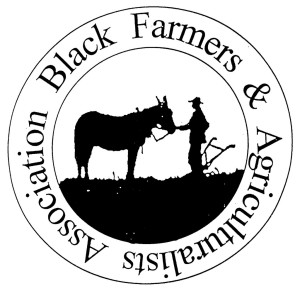
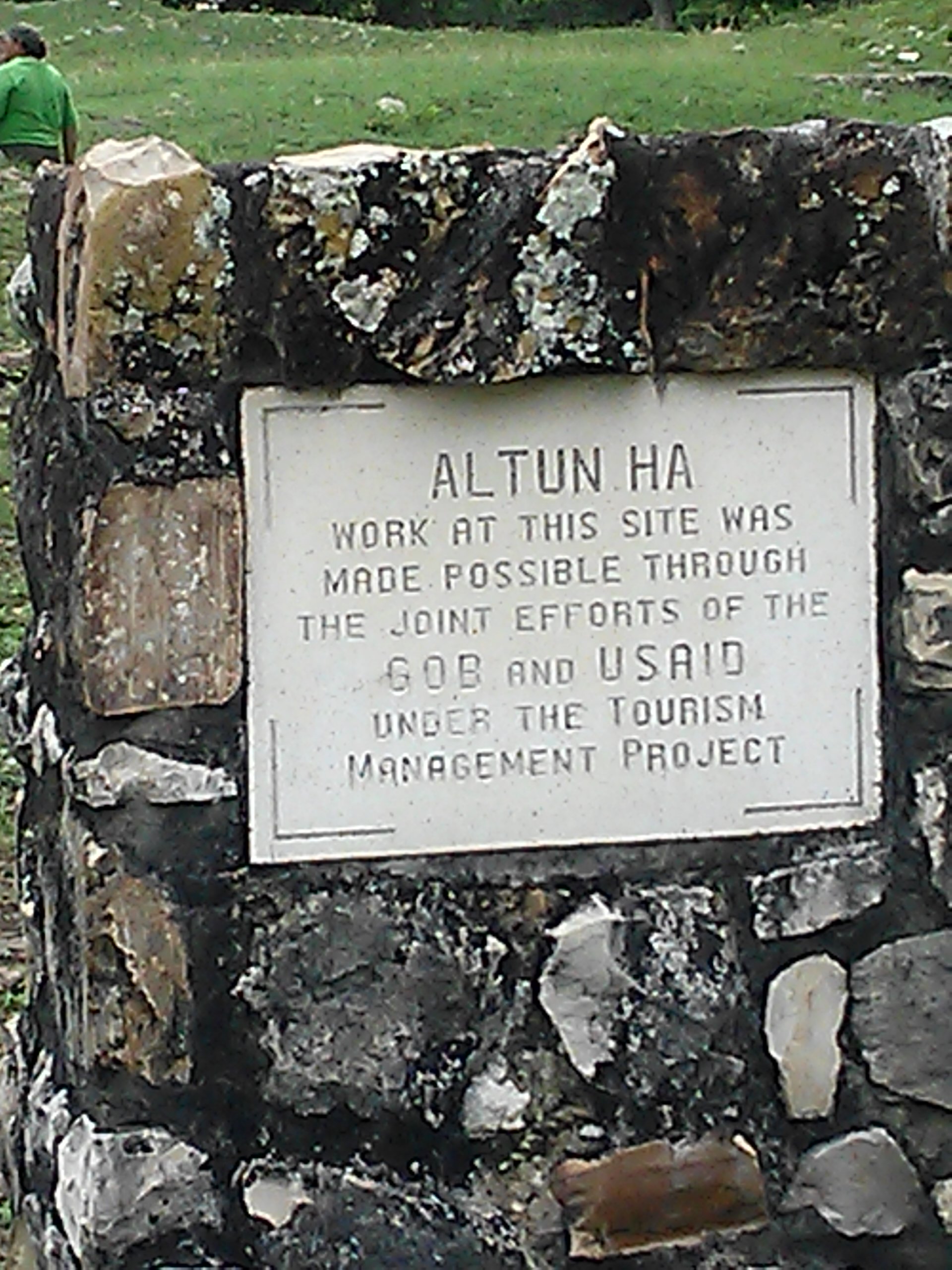
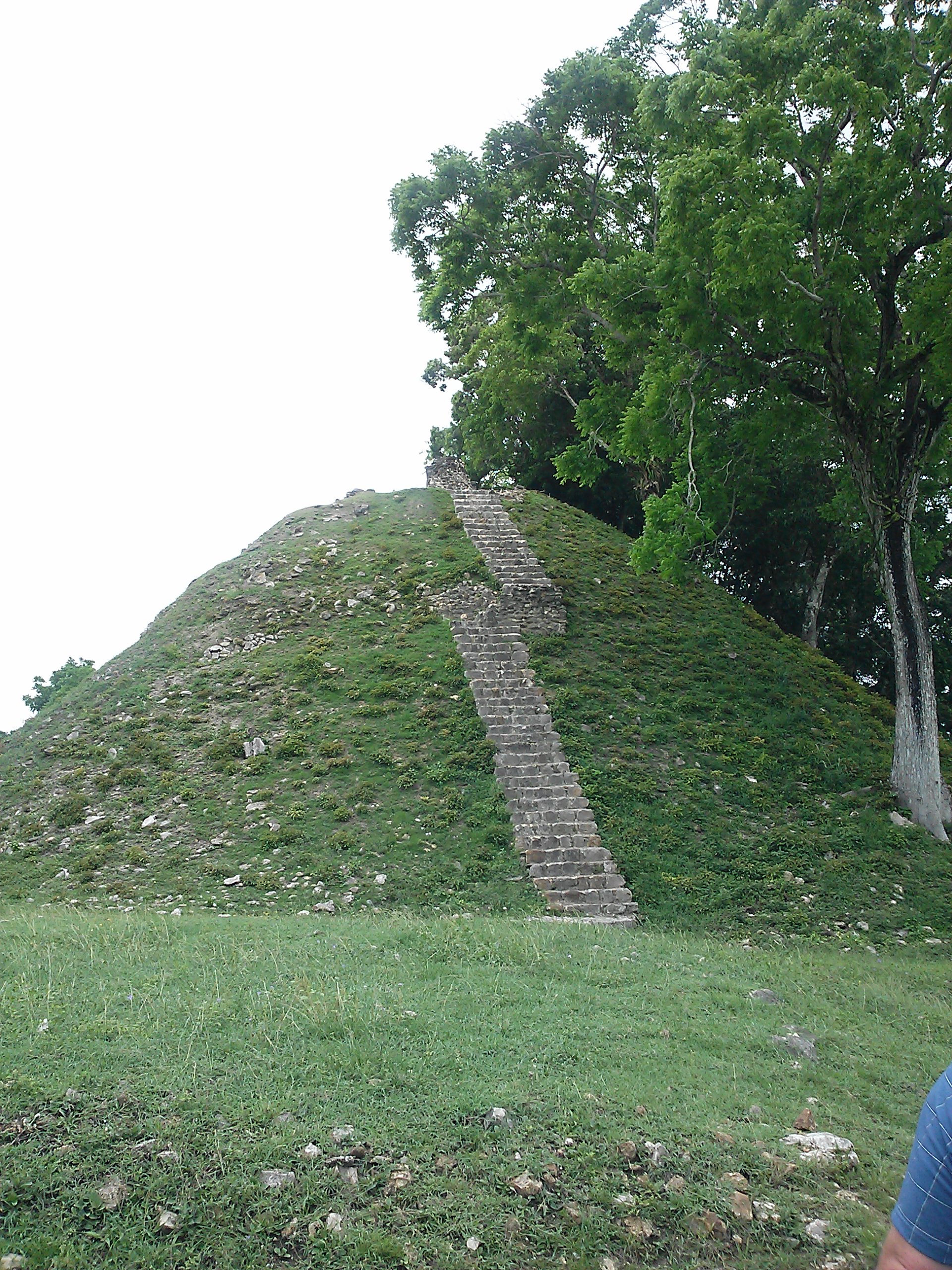
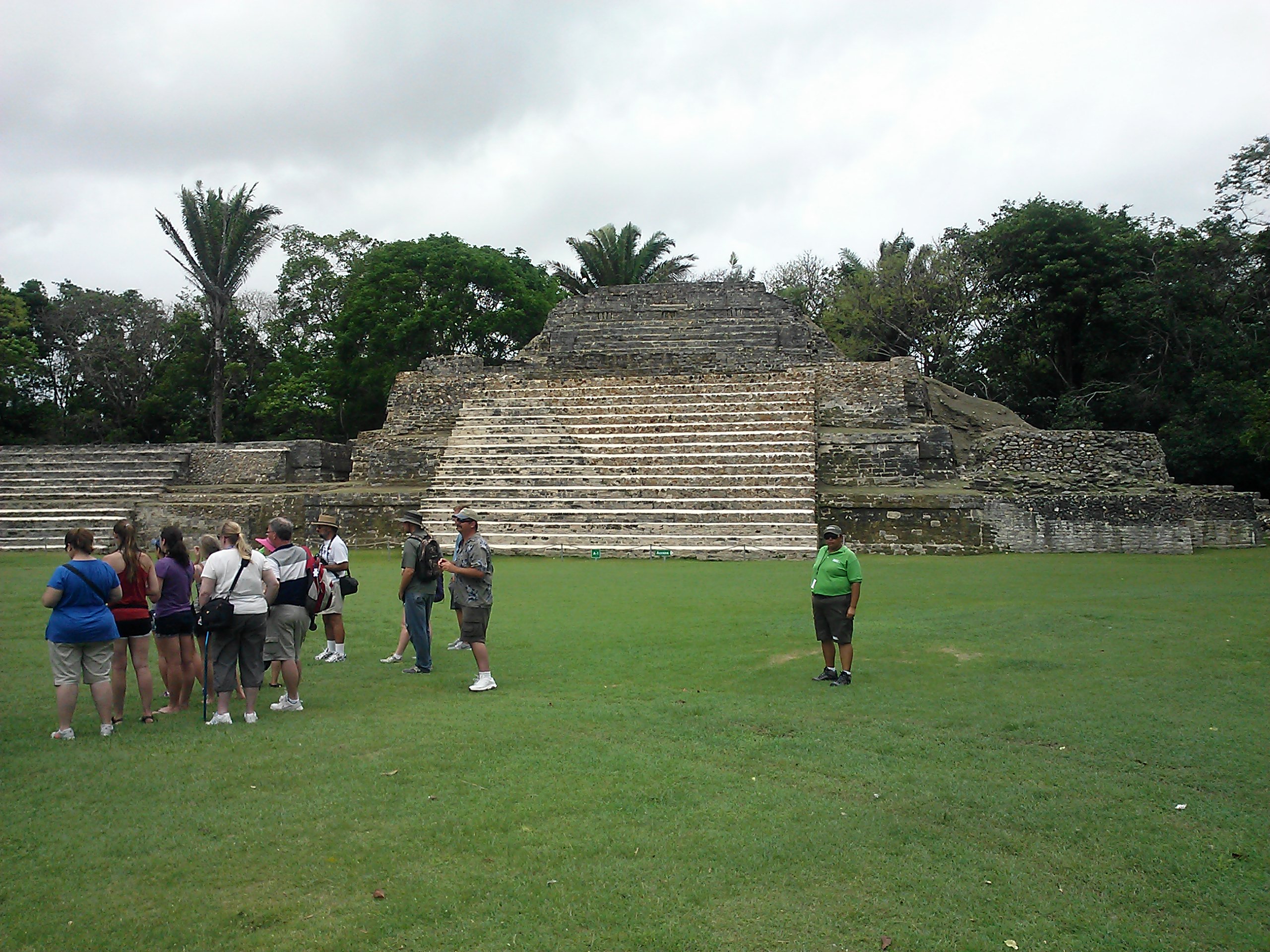
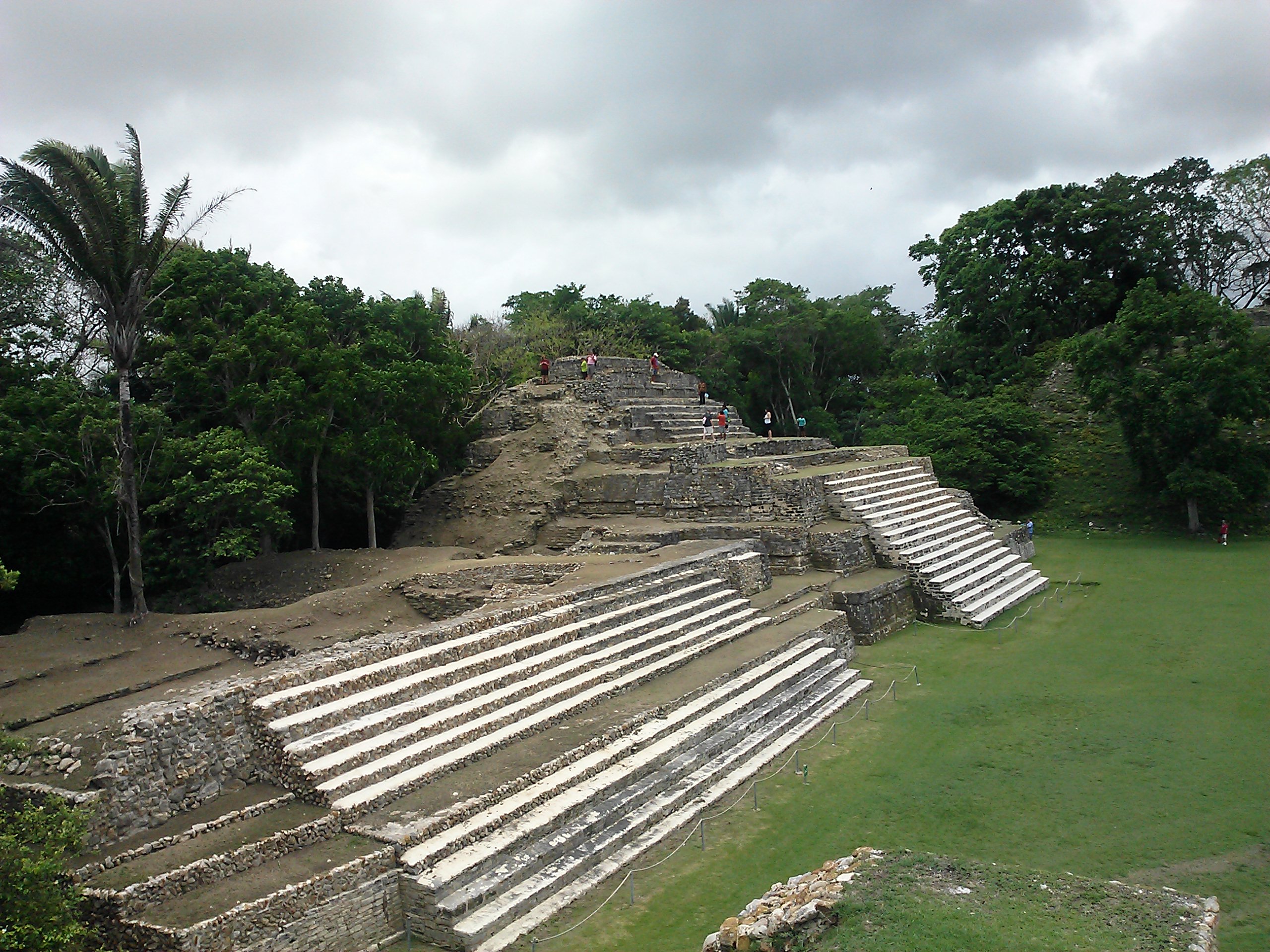
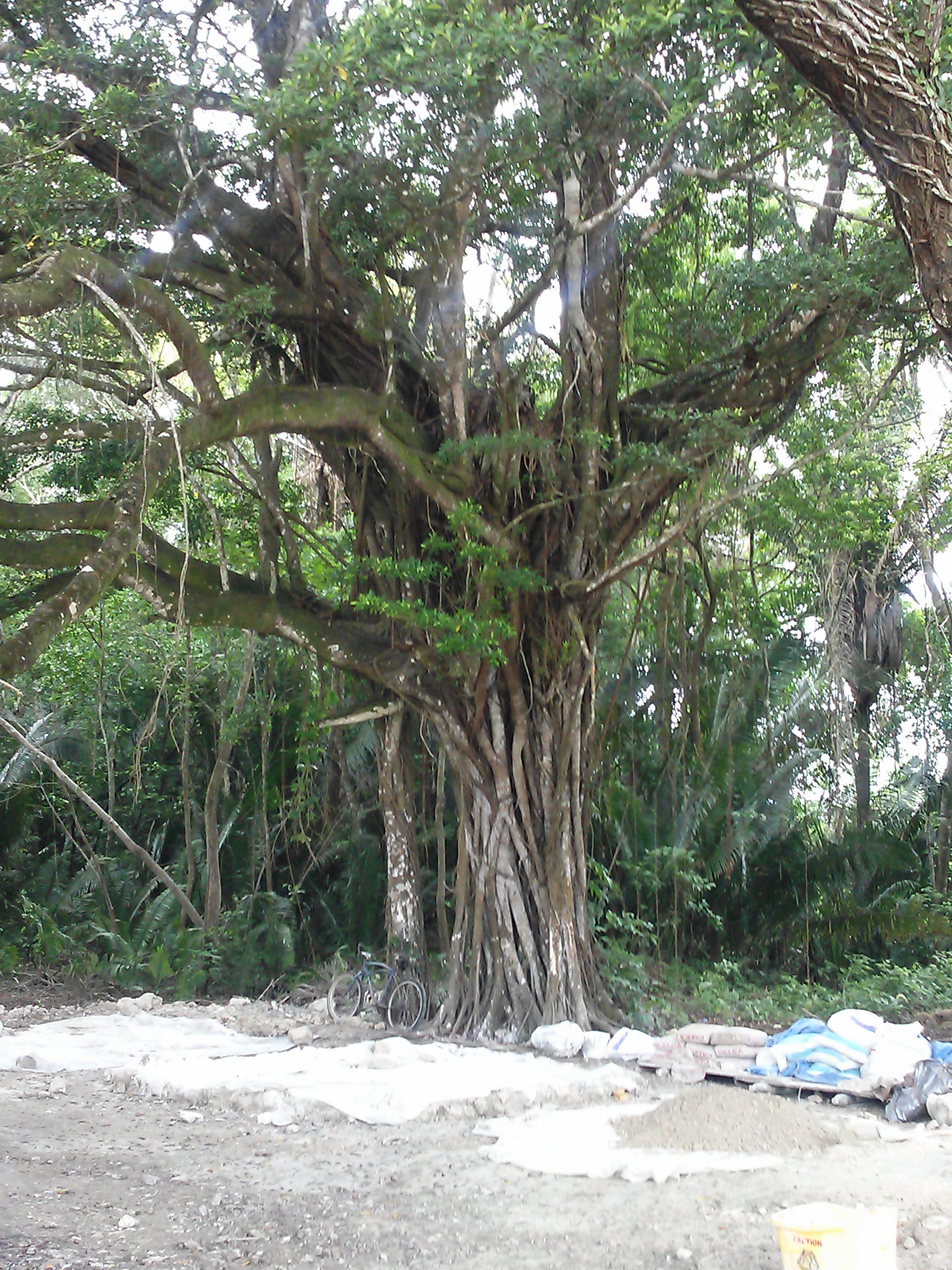

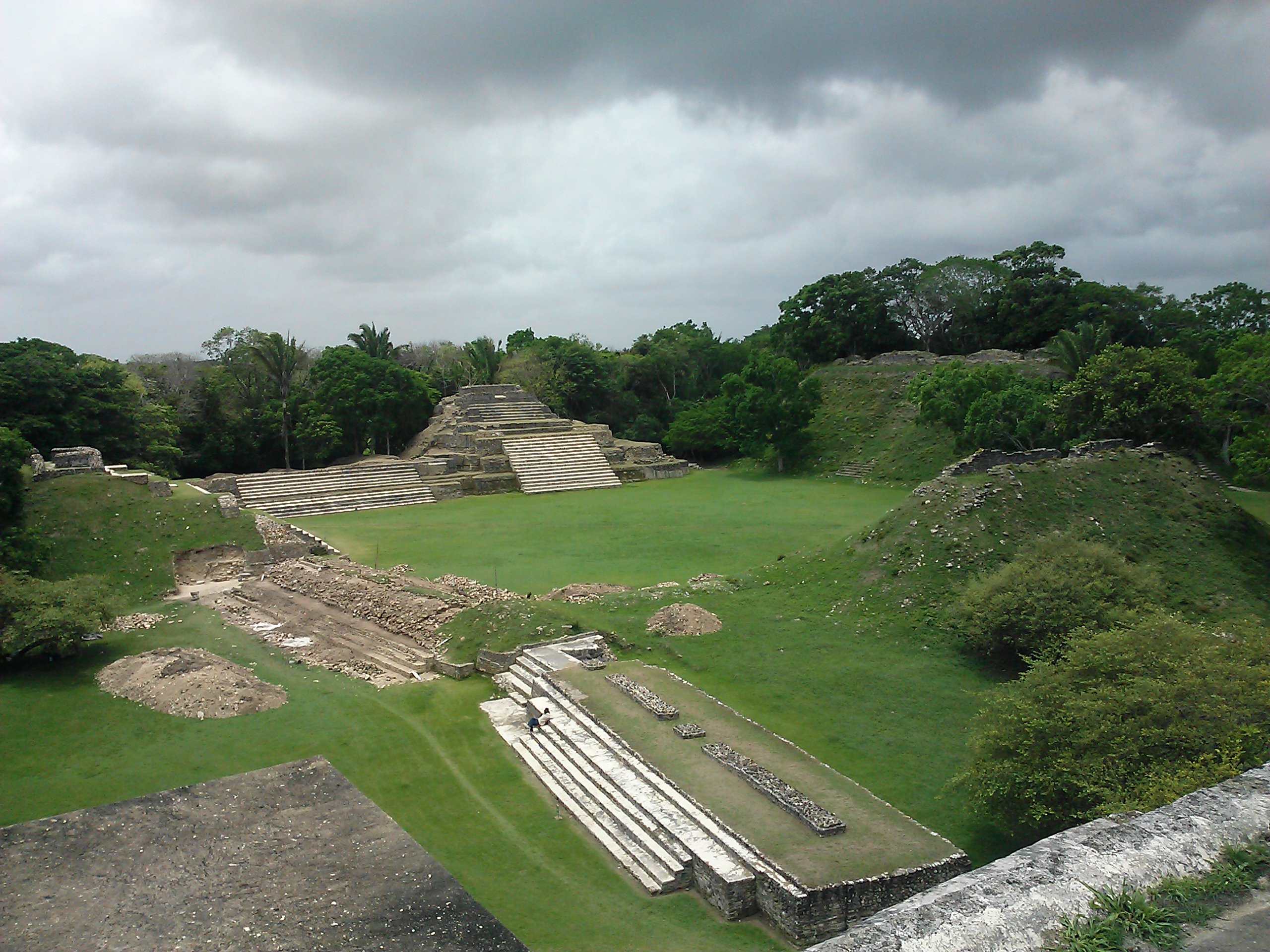
Pingback: Gates, Monsanto’s Water Efficient Maize for Africa project exposed as not Climate Smart, but corporate smart | KUUMBAReport.com
Pingback: On Resolutions and Moving from “Whereas” to “Now Therefore” | KUUMBAReport.com